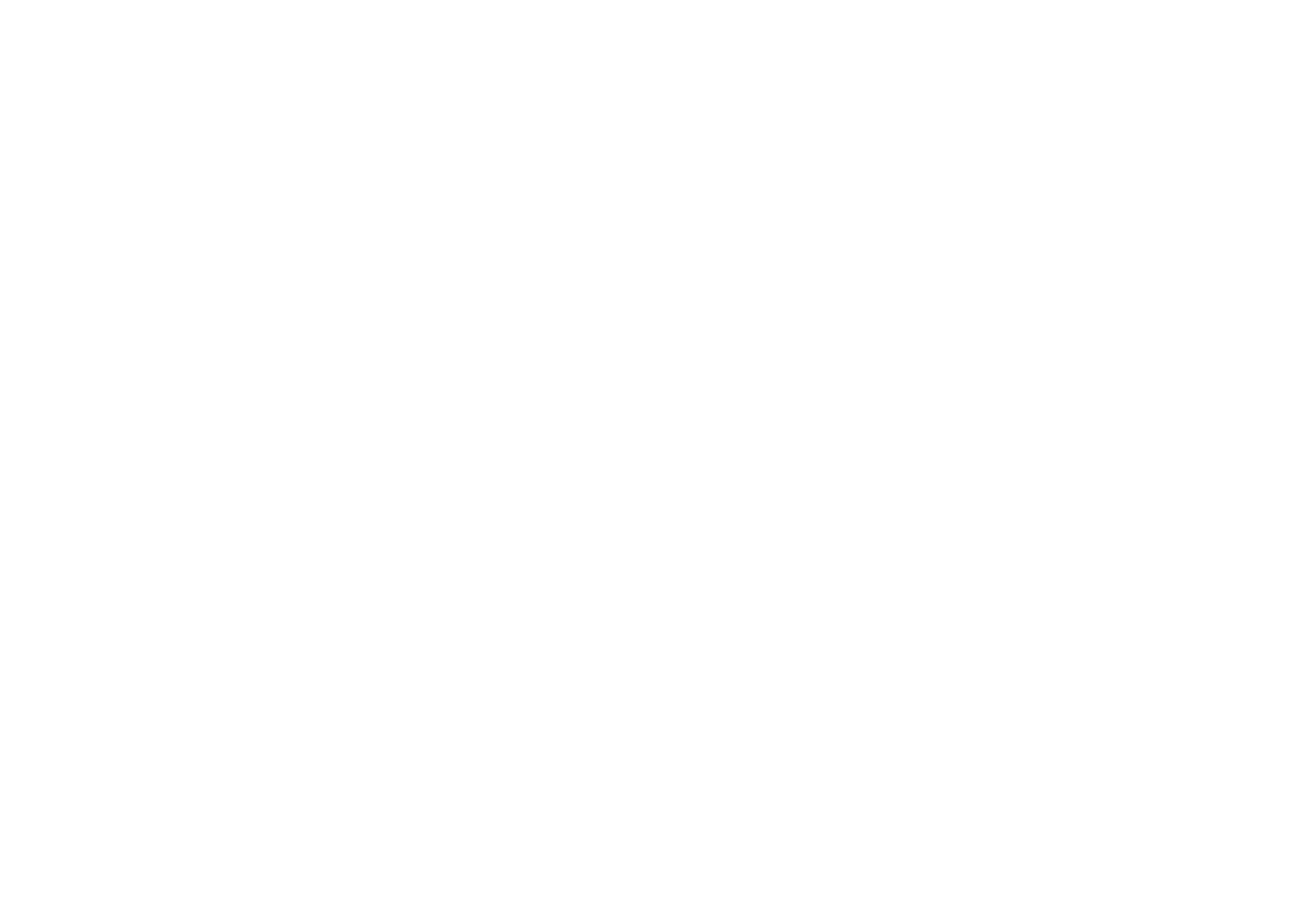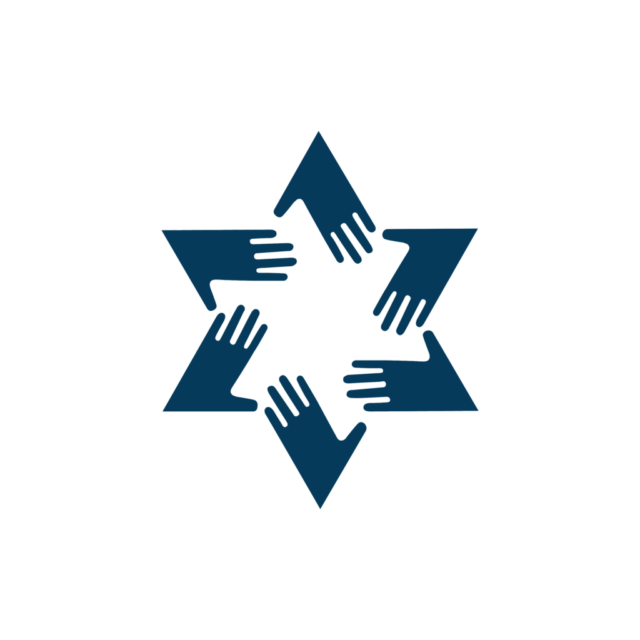Dear Friends,
“It hurts in ways which are hard to describe.”
That’s what my friend and long-time community organizing colleague, Reverend Patrick O’Connor, said when I reached out just before Shabbat to express my love and concern. Reverend O’Connor serves First Presbyterian Church in Jamaica Queens. He is just one of several African American pastors I’ve reached out to this past week, since the murder of George Floyd, Breonna Taylor, and Ahmaud Arbery.
In truth, as I’ve said to each of them, I have no words.
I have no words that will make this better.
I have no idea what it’s like, really.
I have no idea what it’s like to be a person of color.
I have no idea what it’s like to be afraid to go for a jog, fearful that that decision could end my life.
I have no idea what it’s like to be afraid to walk on the street.
I have no idea what it’s like to be afraid to drive while black.
I can’t imagine what it’s like to have to be afraid for my child to jog while black, walk while black, drive while black, breathe while black…
As Mr. Floyd lay dying, Officer Chauvin’s knee pressed into his neck. Mr. Floyd gasped, “I can’t breathe…please stop.” The same exact words were spoken by Eric Garner when he was murdered. I can’t breathe. Trayvon Martin. I can’t breathe. Michael Brown. I can’t breathe. Sandra Bland. I can’t breathe. Freddie Gray. I can’t breathe. Alton Sterling. I can’t breathe. And on and on and on.
“It hurts in ways that are hard to describe,” Reverend O’Connor said to me.
This moment should take our breath away, my friends. And more, we cannot in this moment say to ourselves, “this is terrible,” and then turn away toward the next distraction. We can’t. We can’t let this country of ours destroy one more black body.
What can we do? There are no quick answers to the entrenched, systemic racism built into our nation. So where do we begin?
Reach out to your friends and colleagues of color. Perhaps you’ll admit, as I did 10 times this week, that you don’t know what to say, but that you are present for them, ready to listen more than you talk.
What can we do? If you do not know where to start, Rabbi Reines and I recommend reading two books: Between the World and Me, by Ta-Nehisi Coates, and Dr. Ibram X. Kendi’s How To Be an Anti-Racist.
Coates gives but a small taste of what it would be like to have to explain to your 15-year-old child what it is like to walk through the world as a person of color, in an attempt to help prepare them for that experience.
And Dr. Kendi argues that the opposite of racist isn’t “not racist.” The opposite of being racist is being anti-racist. And if we want to actively choose to be anti-racist, we must commit ourselves to working to undo racism and its component policies in order to build an equitable society.
Rabbi Reines and I will be doing a discussion of Ta-Nehisi Coate’s book on Thursday, June 25 at 6:30pm. Click HERE to register; we ask you to read the book in advance. Purchase the book »
What can we do? Here is a great article by Corinne Shutack, with additions by Karen Geiger on 75 more things you can personally do to make a difference.
Another great resource on how to get in motion as a white person and work toward racial equity is SURJ(Showing Up for Racial Justice).
“It hurts in ways that are hard to describe,” Reverend O’Connor wrote. And then he continued, “Knowing that you and your community are present on the journey gives me hope.”
There is no shortcut on this journey. If you’re really in it for the long haul, it will be a journey of honest self-reflection and self-assessment, if we actually want to decry not just individual vile actions but the systemic racism that normalizes this kind of hate in our nation. I’ll be on the journey. I hope you’ll join me.
B’Shalom,

Rabbi Joel Mosbacher

